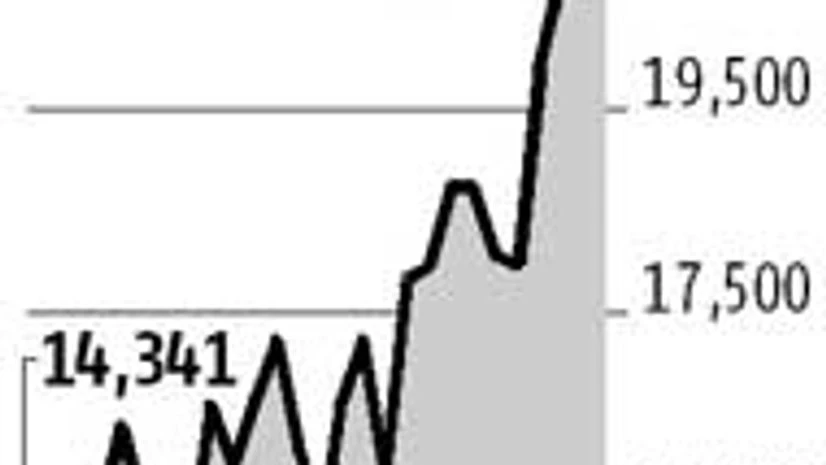India has become the centre of the world's oil demand growth and the country's economic growth will affect global commodities, Citigroup Inc said in a research note.
The world's second-largest country by population after China will see its economy expand at about eight per cent a year through 2021, Citi researchers including Ed Morse said. The country's working-age population will increase by 220 million over the next 20 years, and about 240 million people will move to cities.
Urbanisation and rising incomes will boost demand for transportation fuels, gold jewellry and electricity generation, while looser regulations should spur increased exports of iron ore into the market. India's economy won't copy China's near-decade of double-digit economic growth that pushed oil prices into the $100-a-barrel range, but will be enough to impact global supply-and-demand balances of several commodities, Morse said.
"While India is no China, the sub-continent's largest economy is becoming the third largest oil consumer and importer of oil, with a tangible impact on oil, coal and iron ore markets, less so on metals," Morse said. "As India's base rises, so too should its global commodities' impacts."

Citi expects 2016 to be the best in four years for commodity investments. The Bloomberg Commodity Index is up 7.4 per cent this year. Oil, zinc, copper and soft commodities will be the best investments in 2017, with Brent crude seen averaging $60 a barrel after ending this year around $50.
India's crude demand has grown by 350,000 barrels a day this year, higher than China, as the country surpassed Japan to be the world's third-largest oil buyer. Gasoline demand has risen 14 per cent this year and should continue to increase at double-digit rates as car and motorcycle purchases climb, Morse said.
Coal demand will grow between six per cent and eight per cent a year through 2020 as the country tries to electrify more rural areas.
Domestic production of coal for power will rise even faster, reducing imports, while a strong domestic steel-production outlook means the nation will have to increase metallurgical coal imports.
Gold demand should remain high in the country, which accounts for almost a quarter of global demand for the precious metal, as falling unemployment and steady inflation spur buying of jewellry, coins and gold bonds, Citi said. Iron ore exports will grow to 20 million tonnes (mt) a year from 6 mt in 2016, as the government reduces and eliminates export duties and companies restart mines.
One commodity group that won't see as much impact from India's expansion is meat, according to Citi. India is home to more vegetarians than any other country, with more than half its 1.25 billion people identifying as partially vegetarian or vegan, according to Citi.
Bloomberg

)
